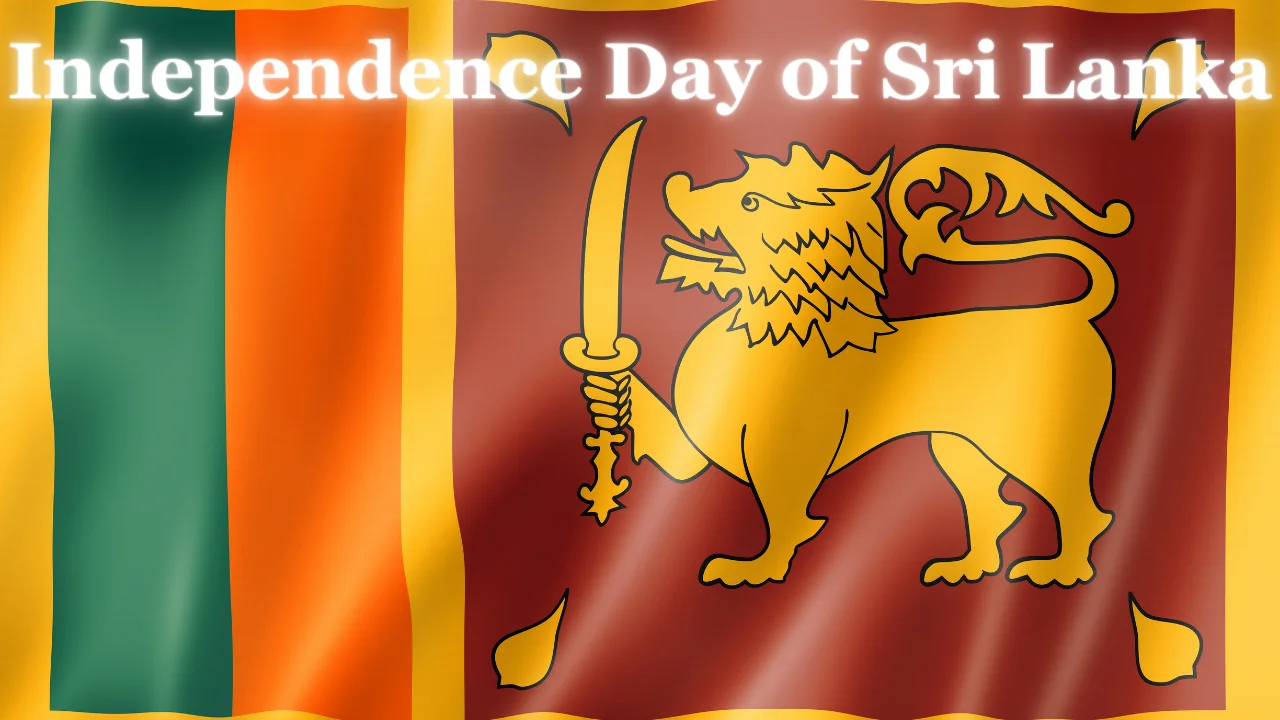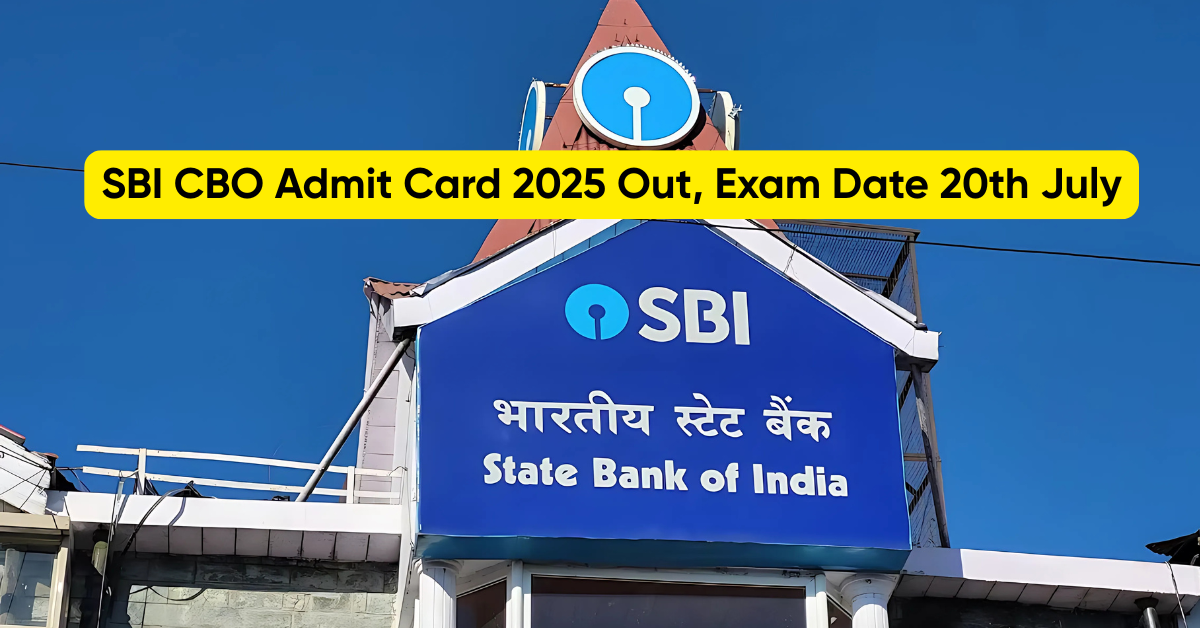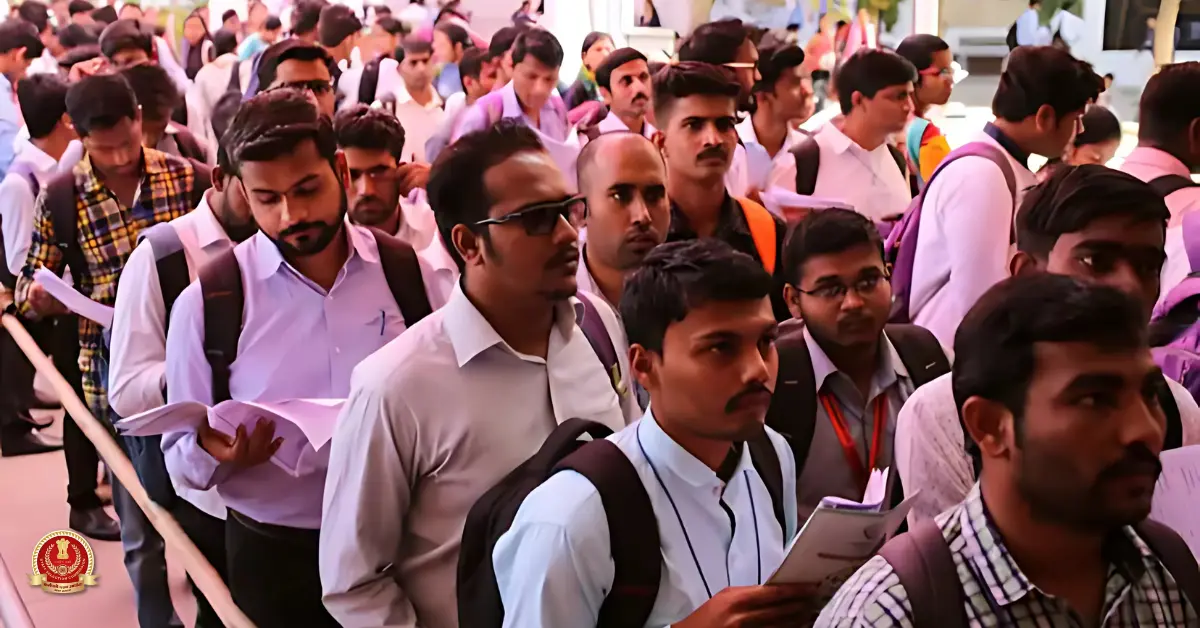National Day of Sri Lanka 2024
National Day or Independence Day of Sri Lanka is a national holiday in Sri Lanka, commemorating the country’s political independence from British rule on February 4, 1948.
Independence Day of Sri Lanka 2024 Celebrations
- Flag hoisting ceremony: The main celebration takes place in Colombo, where the President raises the national flag and delivers a nationally televised speech.
- Military parade: A military parade with an aircraft flyover and tanks takes place in Colombo.
- Cultural performances: Traditional dances, music, and other cultural performances are showcased throughout the country.
- Public celebrations: People celebrate with fireworks, picnics, and family gatherings.
- Government offices and schools are closed.
Independence Day of Sri Lanka Theme 2024
The theme for Independence Day 2024 has not yet been officially announced. However, previous themes have focused on national unity, peace, and development.
History of Independence Day of Sri Lanka
Sri Lanka’s Independence Day, celebrated on February 4th, commemorates a pivotal moment in the nation’s history – its liberation from British colonial rule. This day holds immense significance, marking the culmination of decades of struggle and aspirations for self-determination.
Early Colonial Rule and the Seeds of Resistance
- 1505: Portuguese colonists arrive, marking the start of a long period of European rule.
- 1656: Dutch forces capture most of the island from the Portuguese.
- 1796: British East India Company takes control of coastal areas.
- 1815: Kandy Kingdom, the last independent Sinhalese kingdom, falls to the British, marking complete colonial rule.
National Awakening and the Movement for Independence
- Late 19th century: Rise of educated middle class and nationalist sentiments.
- 1884: Formation of the Ceylon National Congress, the first major political party advocating for self-government.
- Early 20th century: Boycotts, strikes, and other forms of non-violent resistance gain momentum.
- 1931: Donoughmore Constitution grants limited self-government.
- 1942: State Council passes a resolution demanding complete independence.
Negotiations and the Road to Independence
- 1943 Soulbury Commission: Appointed to draft a new constitution based on self-government.
- 1944: D.S. Senanayake formed the United National Party (UNP), advocating for dominion status within the British Empire.
- 1946: Soulbury Constitution grants full internal self-government.
- 1947: UNP wins elections and D.S. Senanayake becomes Prime Minister.
- February 4, 1948: Ceylon (now Sri Lanka) gains full independence as a dominion within the British Commonwealth.
Significance and Legacy of Independence
- End of colonial rule and the dawn of national self-determination.
- Establishment of a democratic republic with a parliamentary system of government.
- Celebration of Sri Lankan identity and cultural heritage.
- Continued emphasis on national unity and progress in the face of challenges.
Beyond Independence: A Nation’s Evolving Journey
- 1972: Sri Lanka becomes a republic and changes its name to the Republic of Sri Lanka.
- 1978: A new constitution is adopted, establishing Sri Lanka as a unitary state.
- 1983-2009: Civil war between the government and the Liberation Tigers of Tamil Eelam (LTTE).
- 2009: End of the civil war and the beginning of post-conflict reconstruction.
- Present day: Sri Lanka faces challenges like economic development, reconciliation, and environmental sustainability.
Sri Lanka’s Independence Day serves as a reminder of the nation’s long journey from colonial rule to self-governance. It is a day to celebrate national identity, reflect on past struggles and achievements, and look towards a brighter future for the nation. As Sri Lanka continues its journey, its history of independence serves as a foundation for building a more prosperous and unified nation.
Significance of Independence Day for Sri Lanka
Sri Lanka’s Independence Day, celebrated on February 4th, holds immense significance for the nation, representing a pivotal moment in its history and a source of national pride. Here are some key reasons why Independence Day is so important for Sri Lanka:
- Marks the end of 446 years of colonial rule under Portuguese, Dutch, and British rule.
- Represents the culmination of decades of struggle and sacrifices made by generations for independence.
- Celebrates the achievement of national sovereignty and the right to self-govern.
- Promotes a sense of unity and shared identity among Sri Lankans from diverse ethnic and religious backgrounds.
- Reinforces the values of democracy, freedom, and equality enshrined in the Constitution.
- Encourages reflection on the nation’s history, culture, and traditions.
- Provides a platform to showcase Sri Lanka’s rich cultural heritage through traditional dances, music, and performances.
- Encourages dialogue and discussion about ways to address these challenges and build a better future for Sri Lanka.
- Inspires hope and optimism for a brighter future where Sri Lankans can thrive in peace and prosperity.
- Fosters stronger ties and partnerships with other nations based on mutual respect and cooperation.
- Promotes Sri Lanka as a vibrant and diverse nation with a rich history and promising future.
In conclusion, Sri Lanka’s Independence Day is not just a one-day celebration but a symbol of the nation’s journey towards freedom, self-determination, and progress. It serves as a reminder of the sacrifices made by past generations and inspires future generations to build a brighter future for Sri Lanka.
4th February 2024 Special Day
On the 4th of February 2024, Sri Lanka celebrates its National Day, commemorating the momentous occasion of gaining political independence from British rule in 1948. This significant day is marked as a national holiday, symbolizing the resilience and sovereignty of the Sri Lankan people. The celebrations reflect the pride and patriotism felt across the nation as Sri Lanka cherishes its independence, fostering a sense of unity and national identity among its citizens.
- SSC CGL Full Form, All You Need to Know About SSC CGL
- SBI CBO Admit Card 2025 Out, Exam Date 20th July
- SSC CHSL 2025 Vacancies Released for 3131 Posts, Complete Details
- SSC JE Vacancies 2025, Check Post Wise Vacancy List
- Important Percentage Questions for SSC Exam Preparation, Solved
- SSC CGL Application Correction Form Starts from 9th to 11th July

Hello, I’m Aditi, the creative mind behind the words at Oliveboard. As a content writer specializing in state-level exams, my mission is to unravel the complexities of exam information, ensuring aspiring candidates find clarity and confidence. Having walked the path of an aspirant myself, I bring a unique perspective to my work, crafting accessible content on Exam Notifications, Admit Cards, and Results.
At Oliveboard, I play a crucial role in empowering candidates throughout their exam journey. My dedication lies in making the seemingly daunting process not only understandable but also rewarding. Join me as I break down barriers in exam preparation, providing timely insights and valuable resources. Let’s navigate the path to success together, one well-informed step at a time.






